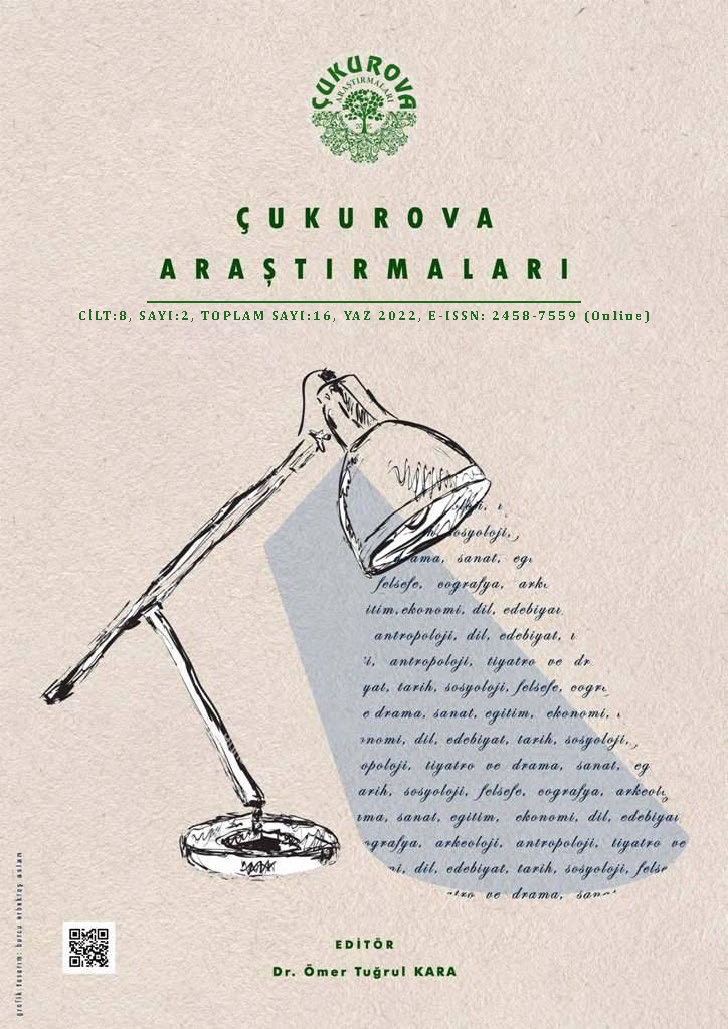Author :
Abstract
Osmanlı toprakları 16. yüzyılla birlikte farklı birçok mesele ile karşılaşmış ve bu meselelerin hükümleri Osmanlı müftülerince verilen fetvâlarda ortaya konulmuştur. Ele alınan meselelerin en önde gelenleri tütün ve kahve olup bunlara dair verilen hükümler birbirinden farklı olabilmiştir. Arapça bir kelime olup hamr anlamına gelen kahve sözcüğü iştah kesici olması sebebiyle bu anlamı kazanıp bugün de bu anlamında kullanılmaktadır. Kahve sırayla Habeşistan, Yemen, Mekke ve Kahire’ye geldikten sonra 16. yüzyılda İstanbul’a ulaşmış daha sonra da Avrupa’ya geçmiştir. 16. yüzyılda Şeyhülislâm Bostanzade Muhammed Efendi verdiği uzun manzum fetvâ ile kahveye cevaz verdiği gibi birçok faydasını da dile getirmiştir. Osmanlıda kahve ile ilgili olarak olumlu veya olumsuz birçok farklı fetvânın verildiği de görülmektedir. Duhan yani tütün hakkında ise yine birçok eserin yazıldığı ve genellikle olumsuz görüş belirtildiği görülmektedir. Duhan/tütün Amerika’nın keşfiyle birlikte önce Avrupa’ya, oradan da dünyaya yayılmıştır. Osmanlı topraklarına Akdeniz üzerinden girmiş ve tabaka, duhân, tütün gibi adlarla anılmıştır. Osmanlı topraklarına 16. yüzyılın sonlarında geldiği görülen tütünün kısa sürede İstanbul’a yoğun biçimde getirildiği gözlenmektedir. Osmanlı müftülerinin fetvâlarında hükmü umumiyetle mekruh olan tütüne dair haram hükmünün de verildiği görülebilmektedir. Bununla birlikte bazı müftülerin tütünü caiz gördüğü de belirtilmelidir. Tütün ve kahve ile ilgili olarak bazı şeyhülislam ve müftülerin manzum fetvâlar da verdiği görülmektedir.
Keywords
Abstract
With the 16th century, the Ottoman lands faced many different issues and the provisions of these issues were revealed in the fatwas given by the Ottoman muftis. The most prominent of the issues discussed are tobacco and coffee, and the provisions regarding them may differ from each other. The word coffee, which is an Arabic word and means hamr, gains this meaning because it is an appetite suppressant and is used in this sense today. After entering Abyssinia, Yemen, Mecca and Cairo in turn, coffee reached Istanbul in the 16th century and then passed to Europe. In the 16th century, Şeyhülislâm Bostanzade Muhammed Efendi, with his long verse fatwa, not only allowed coffee, but also expressed its many benefits. It is also seen that many different fatwas, positive or negative, were given regarding coffee in the Ottoman Empire. It is seen that many works have been written about Duhan, that is, tobacco, and generally negative opinions are expressed. With the discovery of America, duhan/tobacco first spread to Europe and then to the world. It entered the Ottoman lands through the Mediterranean and was called by names such as layer, duhan, tobacco. It is observed that tobacco, which was seen to have come to the Ottoman lands at the end of the 16th century, was brought to Istanbul intensively in a short time. It can be seen that in the fatwas of the Ottoman muftis, the prohibition of tobacco, which is generally makruh, is also given. However, it should be noted that some muftis consider tobacco permissible. It is seen that some sheikh al-Islam and muftis gave verse fatwas about tobacco and coffee.
Keywords
- Açıkgöz, N. (1999). Kahvename. Ankara: Akçağ Yayınları.
- Bostan, İ. (2001). Kahve. TDV İslam ansiklopedisi, 24. İstanbul, s.202-205.
- Eliaçık, M. (2020). Bostanzade Muhammed Efendi’nin manzum kahve fetvası - Tenkitli Metin. TEKE Uluslararası Türkçe Edebiyat Kültür Eğitim Dergisi, 9(4), 1442-1453.
- Yılmaz, F. (2012). Tütün. TDV İslam ansiklopedisi, 42. İstanbul, s.5-9.
